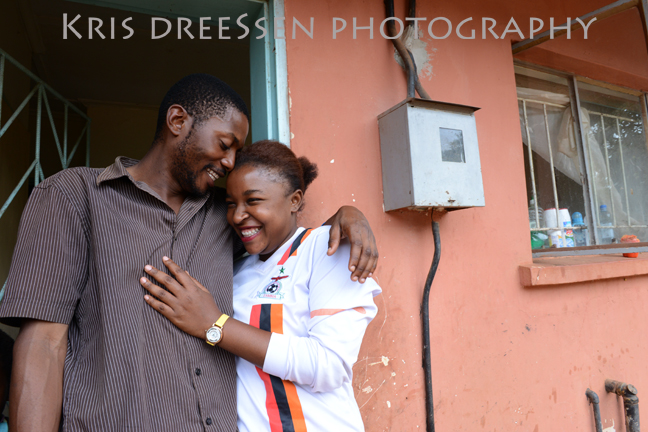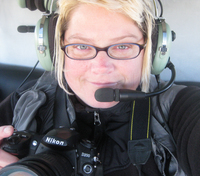
She can’t remember just what it was about Savior, but Comfort fell in love with him quickly after meeting him. She was 20.
Five months later, Savior asked her to marry him. She said yes and he gave her parents 200 kwacha for the engagement. The amount is equivalent to about $30 US dollars and represents the groom’s seriousness.
“That means no other man can take me,” says Comfort. “I’m already in his hands.”
Dowries are serious business in Zambia, a tradition for many generations that is still practiced among even the youngest couples, like Comfort and Savior, who are 27 and 23. It’s a sign of respect to the family; he can provide and demonstrates his commitment.
As it goes, the groom decides what gift he can and wants to make for the engagement. The family of the bride sets the “bride price,” or dowry. This is paid before the wedding and is non-negotiable.
If the groom can’t pay it, he has to step aside for someone who can.
Sometimes that comes with heartache.
Comfort has a sister who was once in love with a man named David. She was working and so was David, but he had a hard time coming up with the bride price. The sister helped him pay it; they made it look as he paid it entirely on his own. When her parents found out, they forced them to separate.
“The woman should never help the man. That should never happen,” says Comfort. “Never.”
Dowry does not die after death, either. If a woman dies before the groom has paid the full price, says Comfort, he has to pay in full before she will be buried. It also comes with responsibility, not only for the groom but his family. If he dies? His brother often steps forward to take over to care for her.
“It is our culture,” says Savior. “Our protocol.”
“It took a long time” to save up the $700 US dollars Comfort’s family set for her price, says Savior. “It raises respect. You’ve accepted you’re going to marry that person.”
